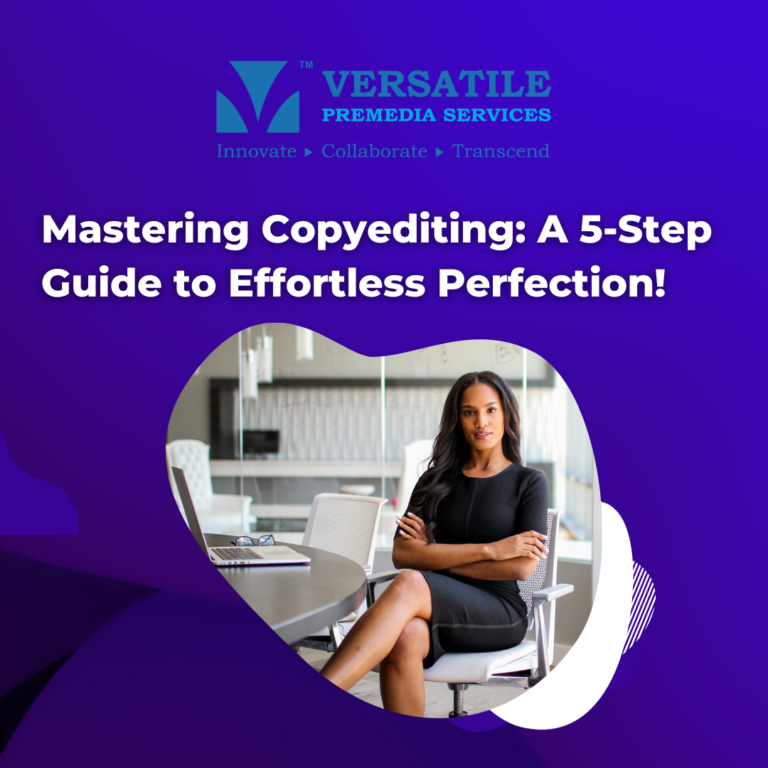Line editing play a key role in the success of a book, influencing its appearance, readability, and reliability. While copy editing is about grammar, language rules and accuracies, line editing is about the writing itself which includes an author’s voice, style, technique and choices.
So, what are the areas a line editor should concentrate on?
Line editing focuses on clarity and strength of the words, sentences, paragraphs and language used in a book. For e.g. some of the questions line editors check as they go through the pages, word by word are –
Are certain words being repeated too much?
Are any phrases too cliché?
Are sentences confusing?
Would rearranging any sentences or paragraphs help the flow of the narrative?
Would a different word be a better choice in the particular situation?
In addition to the language basics line editors also focuses on –
Scenes – Each scene should reveal some new information that will help move the plot forward. The line editors need to make sure that the point of view of the scene as well as its setting is clear, that there is a resolution of some sort at scene ending and delete scenes that are unnecessary.
Sentences & Paragraphs – They check if ideas in paragraphs and sentences are expressed with clarity. Some sentences might be too long which can be split into two. Some sentences may feel redundant. Some have to be reworded. The line editor also works on paragraph breaks as well as fix order of sentences and paragraphs for smoothest flow of ideas and reader attention. Tightening sentences is also another major aspect of line editing
Voice – Voice is the character’s way of seeing the world; not just through words, but also how the character interprets and responds to events. Moreover, there is the author’s voice that is present throughout a book. A line editor ensures that each character has unique voice and helps in strengthening the rhythm, tone, emotions and style of each character’s/author’s voice.
Emotions – Another aspect of feedback for line editor is to make sure whether the words are having the intended effect. He/She ensures that emotions of all of the characters are defined clearly and that there is just the right amount of intensity of emotions. They help in making changes to word or structure to evoke better emotions.
Characterization – A good line editor will help develop the characters through word choices and keep the character’s presentation consistent. They make sure the words used, the emotions expressed, or the actions carries out remain consistent with the character’s attributes.
Furthermore, line editing can also help with conflict, motivation, pacing, tension, etc. Line editing makes a narrator’s voice and writing stronger and enhances story telling. An important step that should not be skipped, it will help ensure that every word, sentence and paragraph in a book is the best that they can be.



